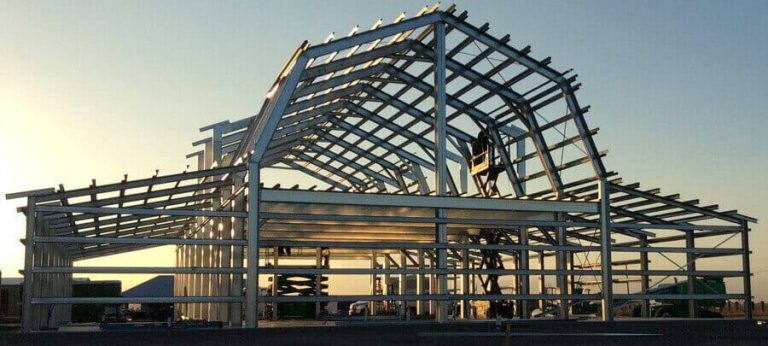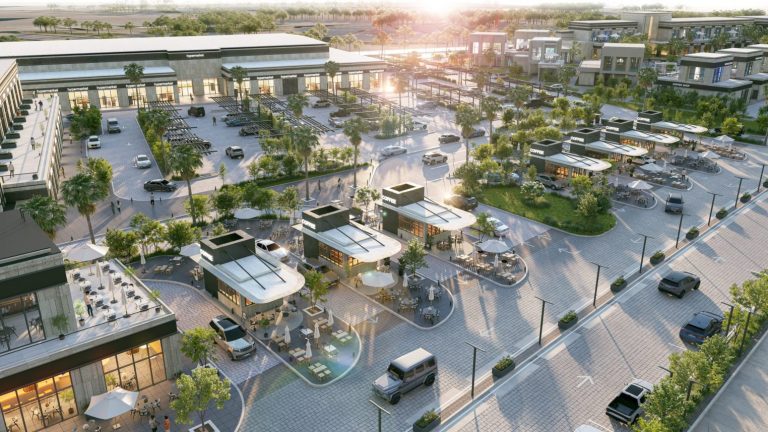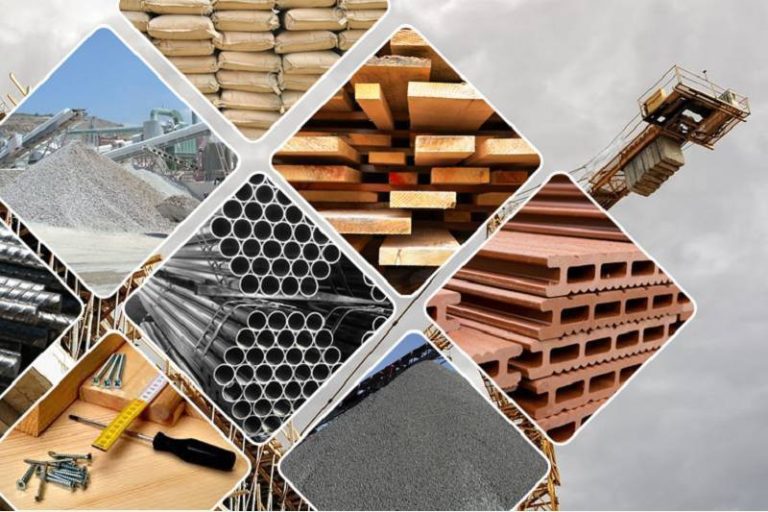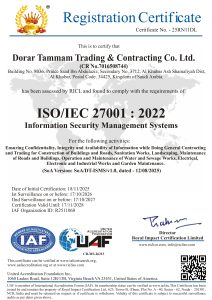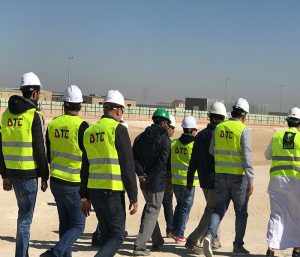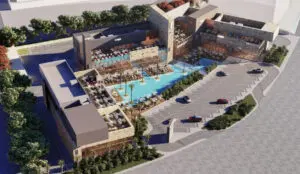Strategic locations and benefits of setting up factories in Saudi industrial cities
Top Strategic Locations and Benefits of Setting Up Factories in Saudi Industrial Cities (2025 Guide)
Meta Description:
Discover the strategic locations and benefits of setting up factories in Saudi industrial cities. Learn how Vision 2030, logistics hubs, tax incentives, and industrial infrastructure make Saudi Arabia an ideal destination for global manufacturers.
Introduction to Saudi Arabia’s Industrial Vision
Saudi Arabia stands at the forefront of industrial transformation, positioning itself as a global hub for manufacturing, innovation, and logistics. The nation’s Vision 2030 initiative aims to diversify the economy beyond oil, fostering sustainable growth through industrialization. Setting up factories in Saudi industrial cities not only unlocks regional trade potential but also offers a gateway to Africa, Europe, and Asia — all from one strategic location.
The Saudi government’s unwavering support, advanced infrastructure, and business-friendly regulations make it one of the most promising destinations for global manufacturers. As industries evolve, Saudi Arabia’s industrial zones provide investors with unique advantages unmatched in the Middle East.
Understanding Saudi Industrial Cities
What Are Industrial Cities?
Industrial cities are specialized zones developed for manufacturing, logistics, and industrial services. They provide investors with ready-to-use infrastructure, utilities, and business services. Saudi Arabia’s industrial cities are strategically distributed across the country to optimize logistics and resource accessibility.
Key Authorities Managing Industrial Development (MODON & Royal Commission)
Saudi Authority for Industrial Cities and Technology Zones (MODON) oversees more than 36 industrial cities across the Kingdom. Meanwhile, the Royal Commission for Jubail and Yanbu manages two of the largest and most successful industrial complexes globally. Both entities collaborate to ensure investors have access to top-tier facilities, efficient logistics, and sustainability frameworks.
Types of Industries Flourishing in Saudi Industrial Zones
Saudi industrial cities host a diverse range of industries:
-
Petrochemical and chemical processing
-
Metal fabrication and machinery
-
Food and beverage production
-
Pharmaceutical and biotech
-
Plastics and packaging manufacturing
-
Renewable energy and green technologies
This diversity strengthens Saudi Arabia’s position as an integrated industrial ecosystem.
Strategic Locations of Major Saudi Industrial Cities
Riyadh – The Central Industrial Powerhouse
Located in the heart of the Kingdom, Riyadh is the nation’s administrative and logistical hub. Its industrial zones cater to SMEs and high-tech manufacturers, offering proximity to government bodies, major highways, and the Riyadh Dry Port — a key logistics node connecting the Gulf to global markets.
Jeddah – The Western Gateway to Global Trade
Jeddah Industrial City leverages its proximity to the Red Sea Port, one of the busiest in the Middle East. This makes it ideal for export-oriented industries, particularly in food processing, packaging, and consumer goods. The Jeddah Islamic Port ensures rapid access to European and African markets.
Dammam & Jubail – The Eastern Petrochemical Hubs
The Eastern Province is Saudi Arabia’s industrial heartland. Jubail Industrial City is a global leader in petrochemical production, housing giants like SABIC. Dammam complements it with logistics, steel, and construction material manufacturing, supported by Dammam’s King Abdulaziz Port — the Kingdom’s main oil export hub.
Yanbu – The Red Sea Industrial Corridor
Yanbu Industrial City serves as the western counterpart to Jubail. It specializes in petrochemical refining, oil storage, and maritime logistics. Yanbu’s deep-water port offers easy access to African and European markets, reducing shipping times significantly.
Smaller but Strategic Industrial Zones: Hail, Tabuk, and Al-Kharj
While smaller, these zones cater to agriculture-based and food industries. Their proximity to resource-rich areas and highways ensures regional economic balance and supply chain resilience.
Benefits of Setting Up Factories in Saudi Industrial Cities
Tax Incentives and Financial Advantages
Investors enjoy zero customs duties on raw materials and machinery, with long-term land lease options at low rates. Certain projects also qualify for Zakat and tax exemptions under Saudi investment laws.
Access to Global Trade Routes and Logistics Hubs
Saudi Arabia’s central location between three continents makes it a logistical goldmine. With over 13 commercial ports, extensive highways, and advanced airports, manufacturers can reach 2.5 billion consumers within a few hours.
Advanced Infrastructure and Utilities
Industrial cities feature state-of-the-art roads, utilities, water desalination, and waste management facilities. MODON’s smart industrial zones also offer fiber connectivity, smart energy meters, and integrated logistics centers.
Skilled Workforce and Training Program
The Kingdom invests heavily in vocational training through institutes like TVTC (Technical and Vocational Training Corporation), ensuring industries have access to skilled Saudi talent.
Ease of Business Setup and Regulatory Support
The Saudi Ministry of Investment (MISA) provides streamlined licensing, 100% foreign ownership in many sectors, and rapid setup procedures through its Invest Saudi platform.


